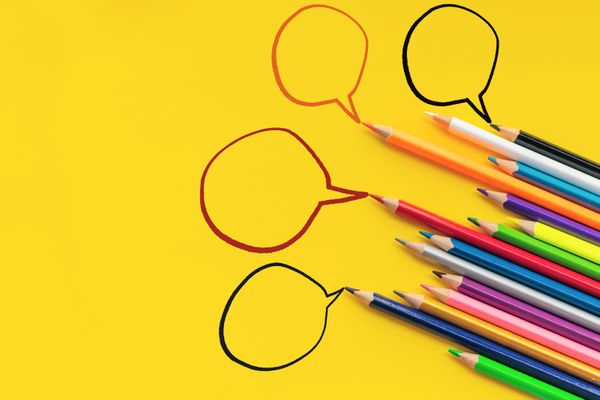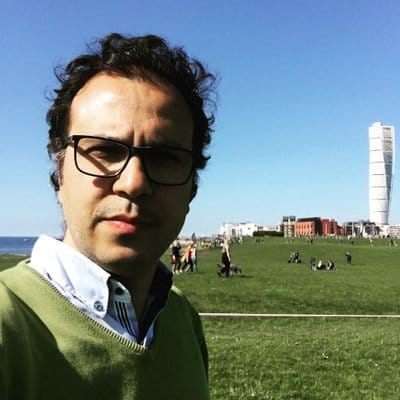Generally speaking, collective consciousness refers to a common sense of social norms rather than a personal sense of morality.
What is collective consciousness?
The collection of common values, ideas, and moral attitudes that act as a unifier within society is collective consciousness. Émile Durkheim, a French sociologist, came up with the term in 1893. In terms of collective, Durkheim clarifies that collective essentially refers to something shared by a large number of people.
Carl Gustav Jung has pursued the idea of the collective consciousness after Durkheim. According to Jung, humans share a common subconscious, and some prejudices and capacities run in their families as originating from ancestors' experiences.
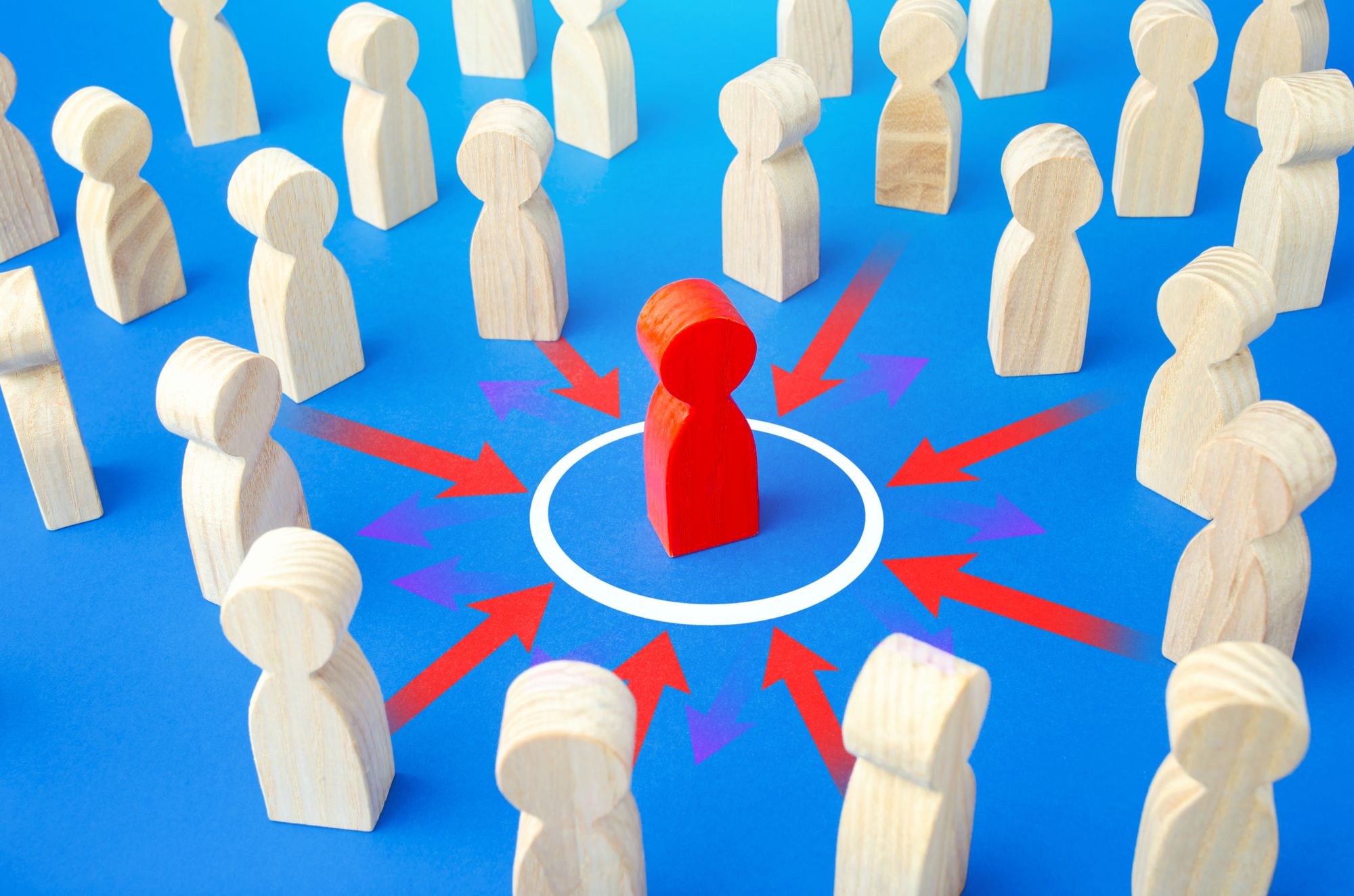
According to Carl Gustav Jung, evolution has an influence not only on the organism but also on the consciousness. Not only does the person have his or her past and memories, but he also has the perceptions of all of human history. Shared experiences of cultures form the base of the collective unconsciousness state.
Media and Collective Consciousness
The mass media overwhelmingly manifest our society's collective consciousness. In other words, the mass media are the clearest and obvious manifestation of our civilization's perceptions or collective brain function. Almost every home has a television, and ordinary citizens use it for about four hours per day. Our main insight into the universe and the mirror in which we saw ourselves was TV.
These include mass media channels, profit-centered news outlets, ads that promote the American dream reflecting the consumerist lifestyle and their implications on our social mind.
What about them in the post-Internet era?
The emergence of the Virtual Collective Consciousness (VCC) concept
Social networking has had a huge effect on our lives, and as a result, many of our habits and brain functions have dramatically changed. Virtual Collective Consciousness (VCC) is a helpful strategy for deciphering the processes that underpin these modern virtual communication channels.
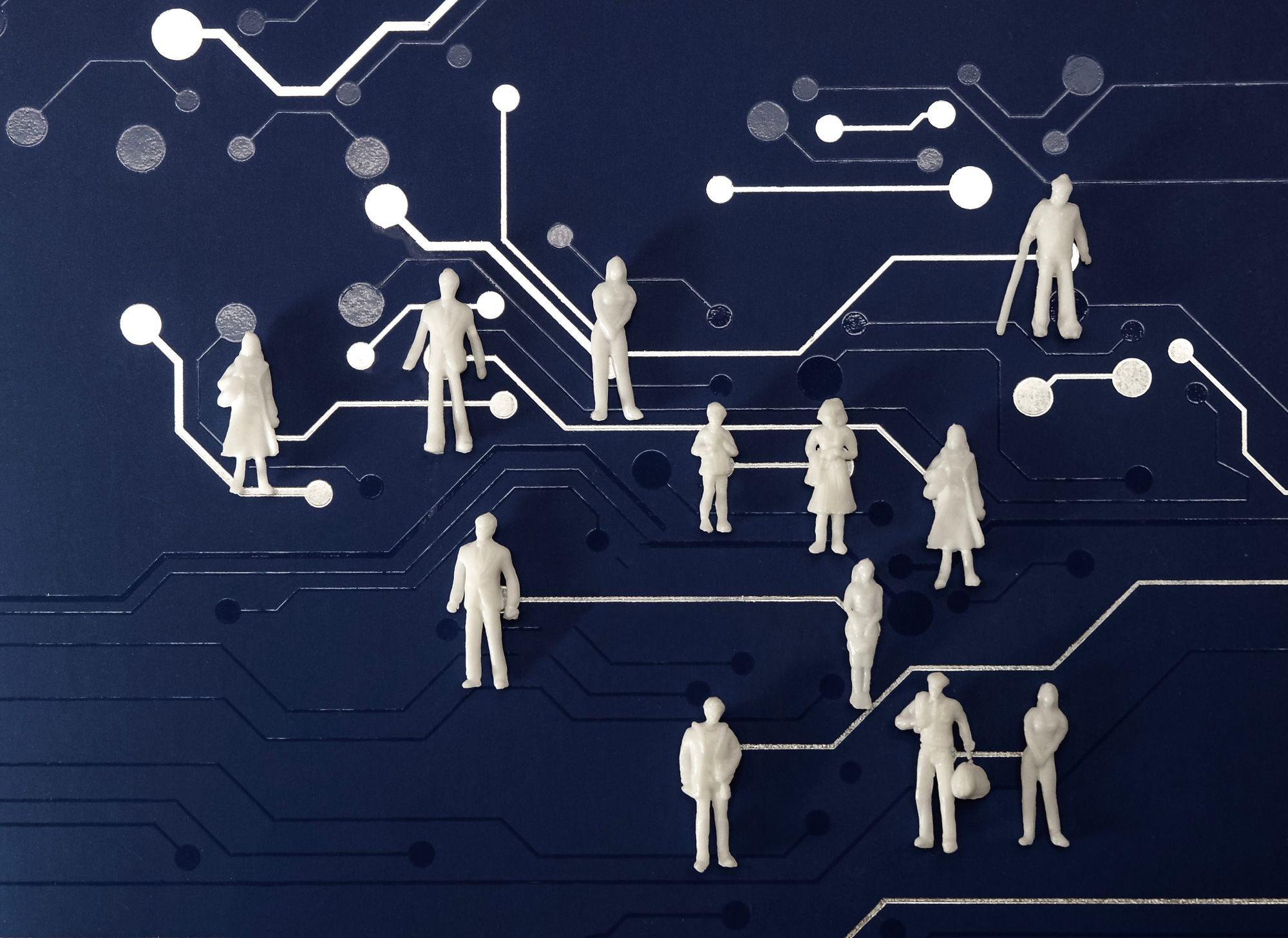
Yousri Marzouki and Olivier Oullier, two behavioral scientists, revived and advocated this concept. VCC is now characterized as internal information fueled by social media sites and exchanged by a diverse group of people motivated by the whimsical nature, uniformity, and interconnectedness of their online behaviors. VCC happens when a large group of people is drawn together by a social media site and thinks and acts as one, sharing common sentiments.
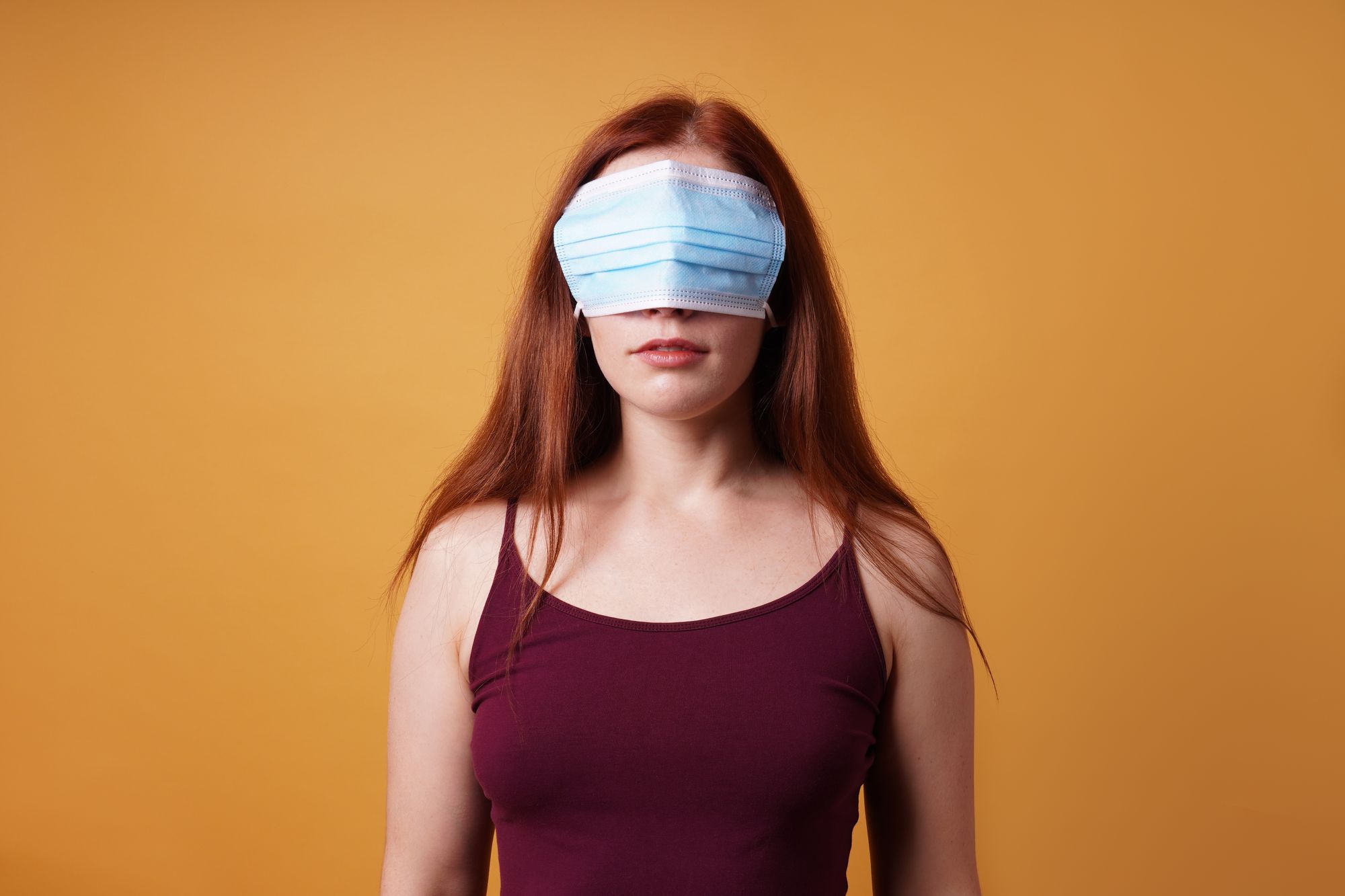
How can we interpret social movements with virtual collective consciousness?
Theoretical frameworks of existing social movements miss the mark for understanding how the Tunisian and Egyptian revolutions took place.
One explanation is the impact of cyber-activism through social media channels, which is overlooked by traditional approaches when analyzing collective movements.
Even so, the absence of an identifiable leader, a political party or representative, an organization, or an organizing ability characterizes these two successful mass unrests. Yousri Marzouki and Olivier Oullier have focused on reading how collective consciousness shapes social movements through social media outlets in their Huffpost article. But what is worth highlighting in this analysis is that Twitter and Facebook, on the other hand, were not monsters in the computer. They were mere "initiators" of these modern trends of mass protests. But they were useful and acted as a facilitator to foster information sharing and enabled unprecedented floods of information distribution.
This theory is backed up by a concept they invented as virtual collective consciousness (VCC), which refers to internal information shared by groups of people. This understanding refers to a new type of consciousness through communication tools combined with "citizen media" activism. The VCC in this analysis can be perceived as a modernized version of Durkheim's concept of collective representation and a close relative of Zizek's collective mind.
Now, look at our daily lives and how our reality, common sense, and perceptions change via new realities constructed on social media outlets.

Desire to be "Liked" – a new form of social acceptance
According to NPR social science, when teens noticed that their photos had gained many likes, they showed increased activity in the nucleus accumbens in their brains. And this is a part of the reward mechanism in the brain. Teens who saw photos with just a few likes were less likely to like them, but they tended to like posts with lots of likes.
Not only does social media trigger our reward mechanism, but it also affects our subconsciousness via compliance, or peer pressure, according to the report.
Unconscious Prejudice Against the Virtual
According to research conducted by Saddington Baynes, the human brain has an implicit prejudice towards updated images that are shared on social media. Our personal and collective unconsciousness has started to respond adversely to photographs that have been manipulated or enhanced even though we are unaware of it.
The human brain, according to Jung, has inherent features that are "engraved" by our ancestors. Our prejudice against deceptive or unnatural representations could be the product of "conditioning" as a means of deciding what is right or wrong as a means to survive.
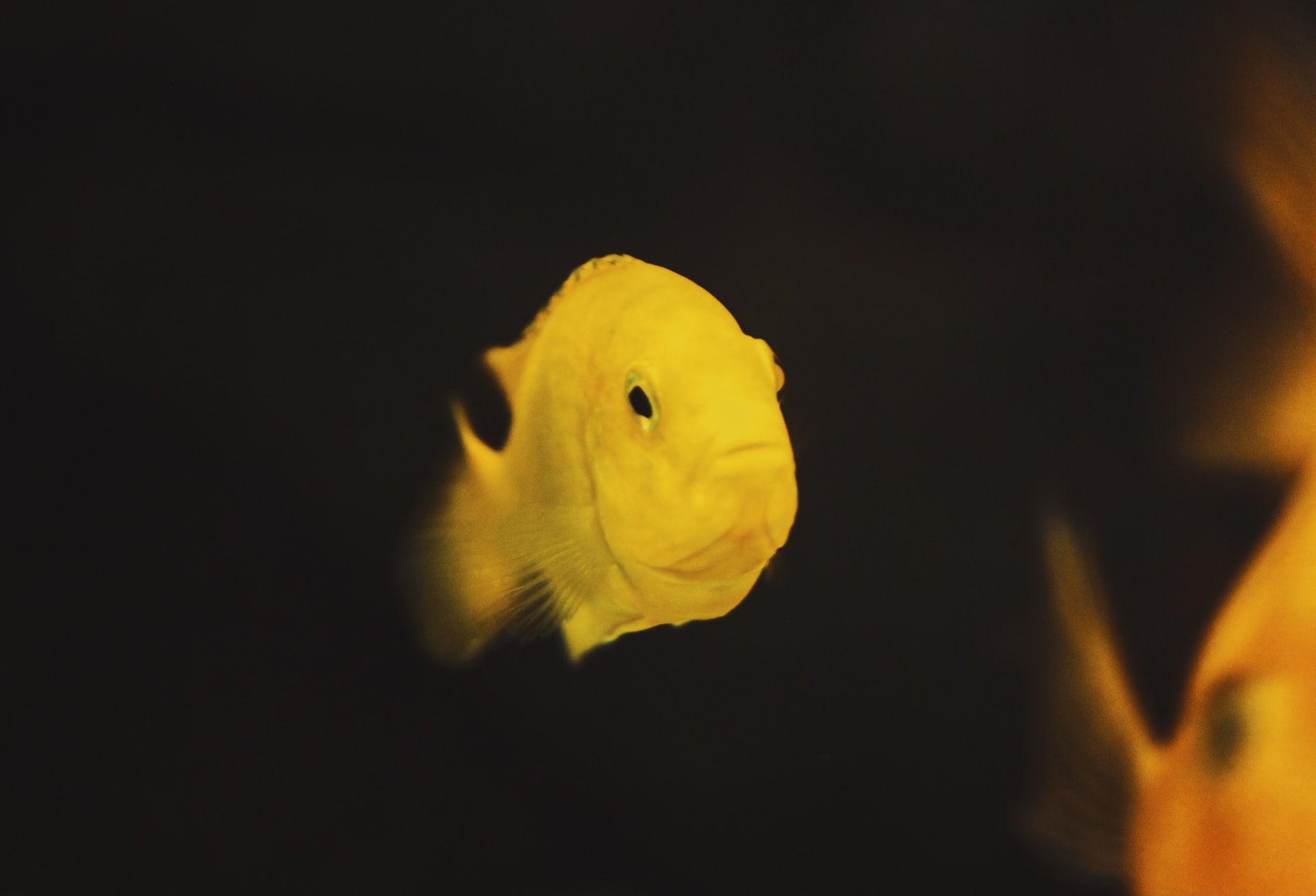
How is Instagram changing our patterns of collective unconsciousness?
According to an increasing number of users and psychologists, as stated by Guardian article, Instagram's positivity is exactly the case, with its constant focus on encouraging "flawless" lifestyles. The platform is tempting users to project a positive, desirable picture that others may find deceptive at best and harmful at worst. To cut the story short, Instagram makes you nervous that everyone is perfect but you.
Just like we did in previous centuries, we go with the follow because we want to comply with the new rules and be accepted by our community to survive. Nowadays, this survival is mainly about emotional belonging.
In this case, we create a new but distorted collective psyche. You ask why?
Because almost everyone falls into the same trap and thinks they are not good enough. Everyone thinks the other is good enough while nobody believes they are good enough or have a satisfying life sincerely. Here comes the distorted image of social life, hence, altering our collective consciousness over time.
Even though, it is fake in its construction.
How did Instagram start to make everyone sad?
Instagram's algorithmic timeline saw the most significant improvements since Facebook acquired it in mid-2016. Instead of showing users a glimpse of what people were up to at any given time, Instagram started overrunning feeds with the most notable posts from some of those accounts, often heading back days or weeks to find especially persuasive content. In essence, the service started pushing a filtered, unrealistic version of a compiled and unrealistic feed. Yet along, Instagram ads and influencer marketing emerged and fed this curated way of working on Instagram similar to chicken or the egg analogy.
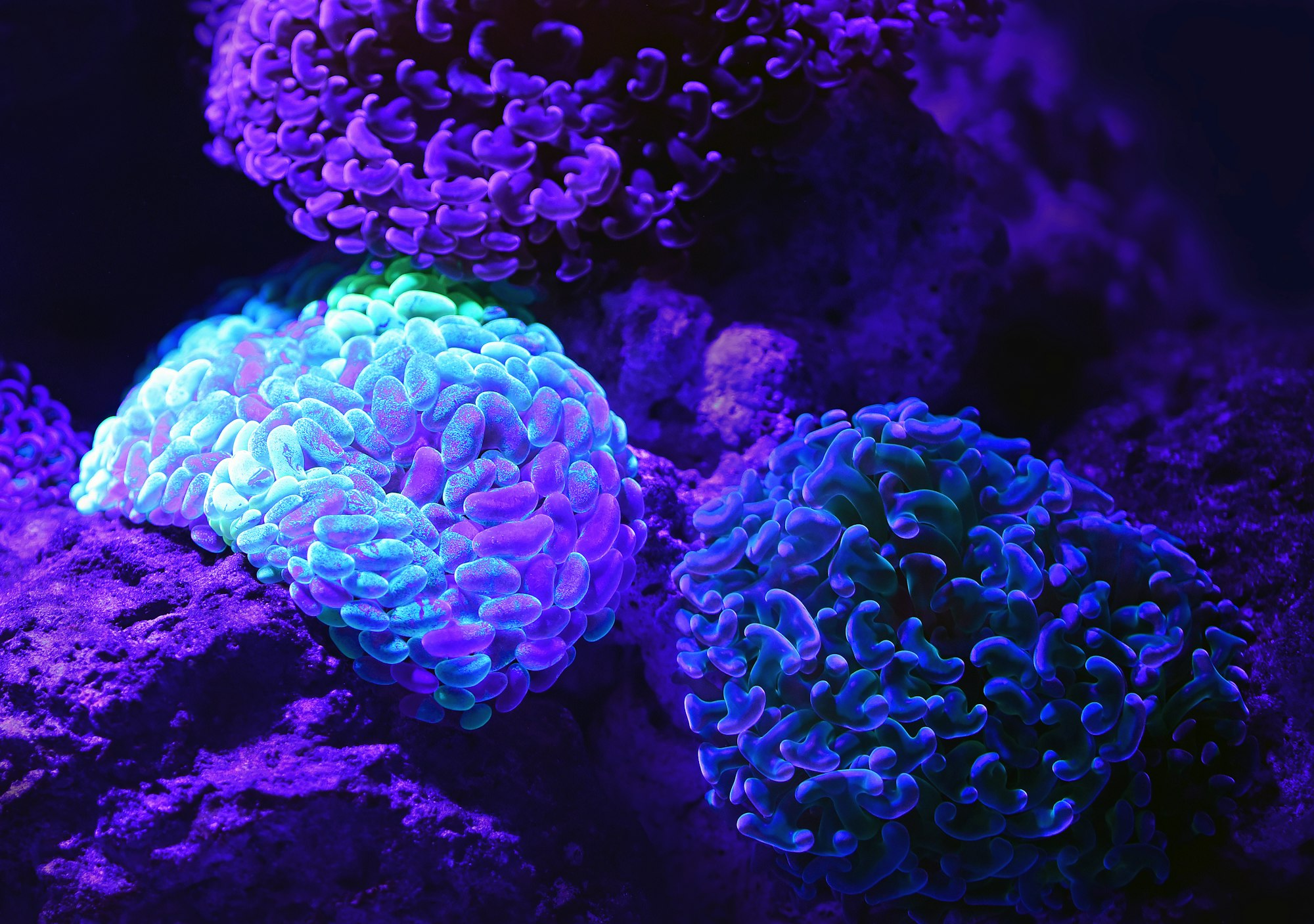
Social Media as The Strongest Medium to Shape Collective Consciousness
Individual experience shared memory, and narrative past all communicate in complex ways, influencing one another as various versions of the past and collective consciousness are built, reconstructed, updated, and reimagined.
Rather than blaming social networks or seeing the Internet as a manipulating tool to degrade our collective psyche, thinking of our contributions to the web as a collective act, acknowledging that each tweet, message, and photo creates a document or record of collective history, we can focus on excelling in our collective consciousness.
It all relies on us and how we interact with social media, where we go online, and how it affects us personally. There is one of every topic on the Internet for everyone.
Lanier (in the book named Ten Arguments for Deleting Your Social Media Accounts Right Now) claims that using the Internet makes people feel bad because systems are built to exploit us by analyzing our preferences, predicting our impulses, altering our behavior, and generating opportunities for marketers.
However, as Lauren Oyler of The Baffler points out, you may be fine if you quit, but resisting technology will become increasingly impractical. Opting outcomes with a cost.
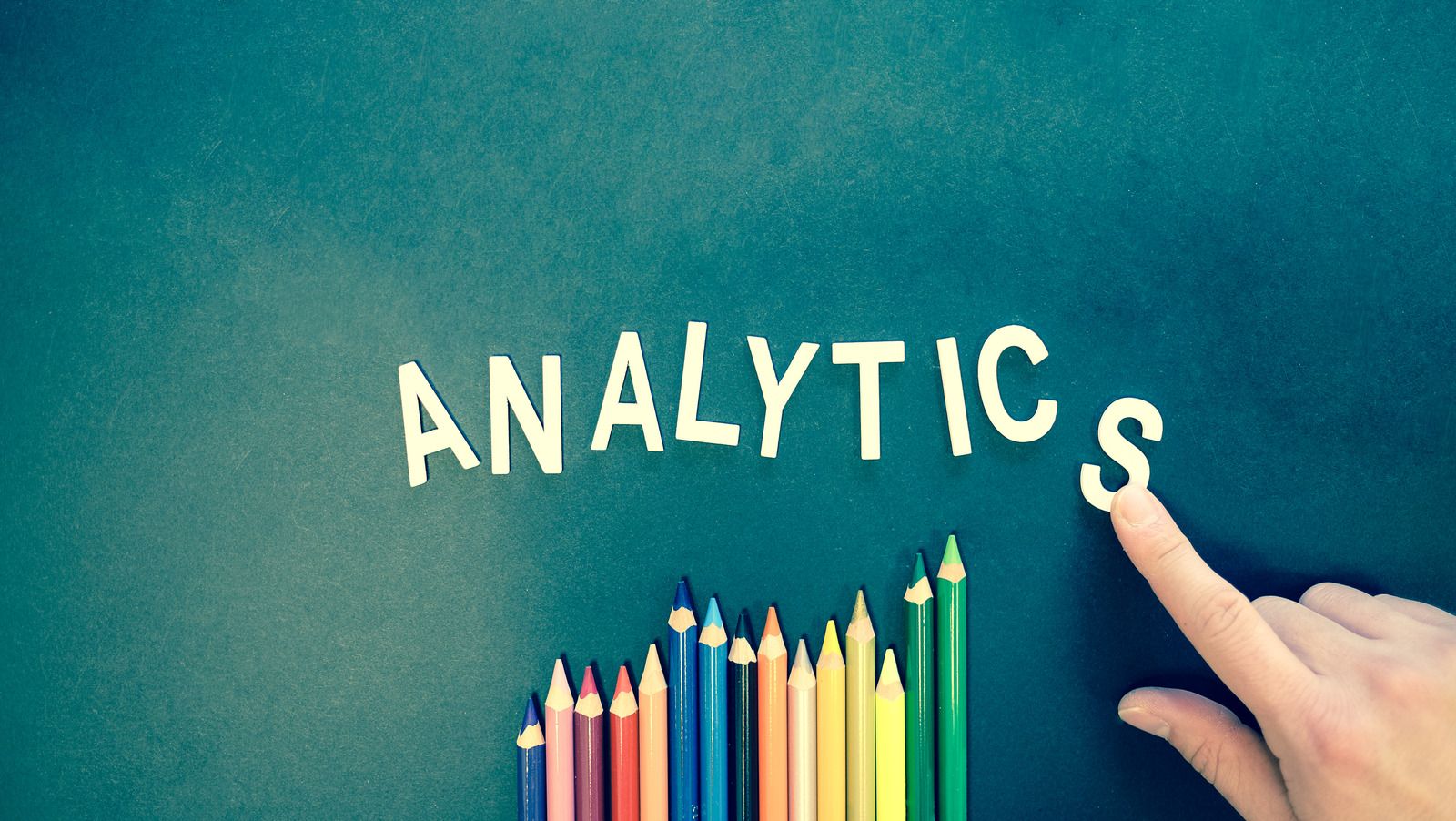
Bear in mind that…
We don’t need to worry about the Internet damaging civilization or our collective mind. Perhaps, we must be asking ourselves how and where to live better with the resources and information we already have, how to handle ourselves and improve the skills necessary to cultivate a more evolved collective consciousness.

